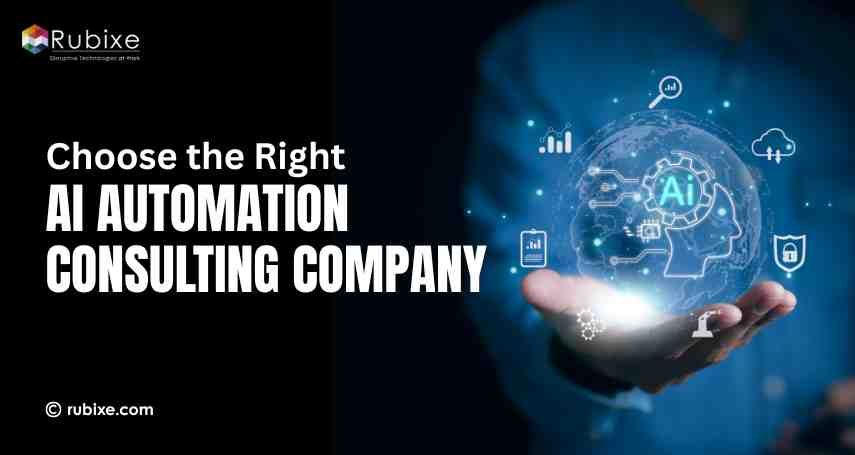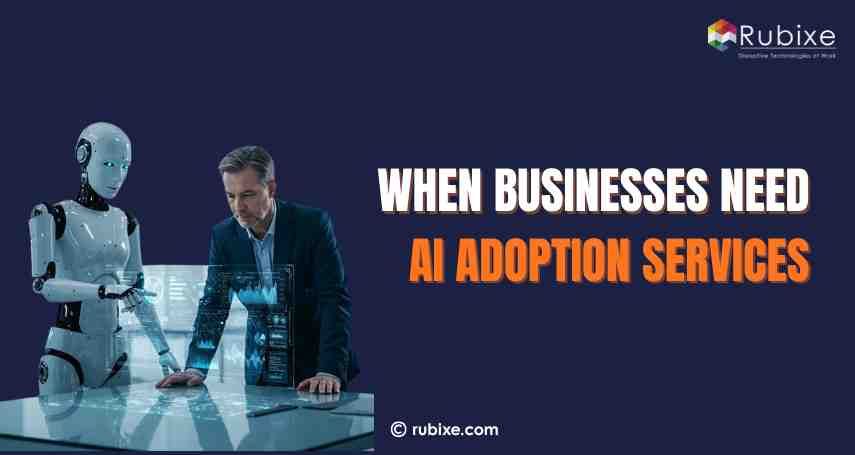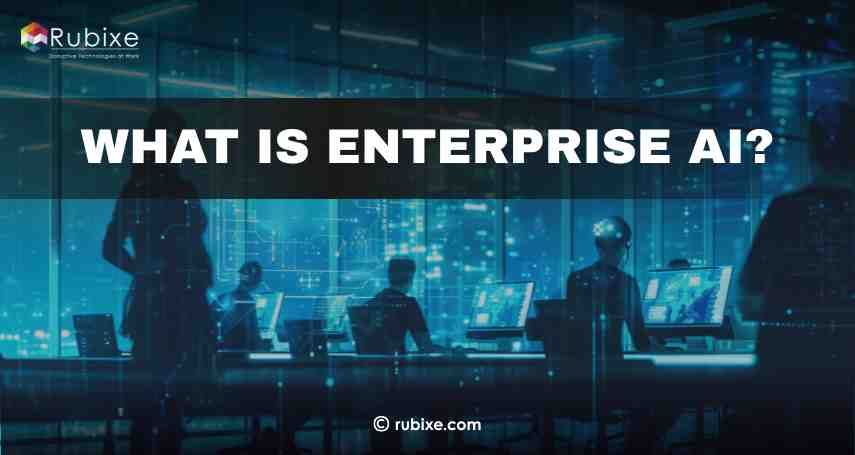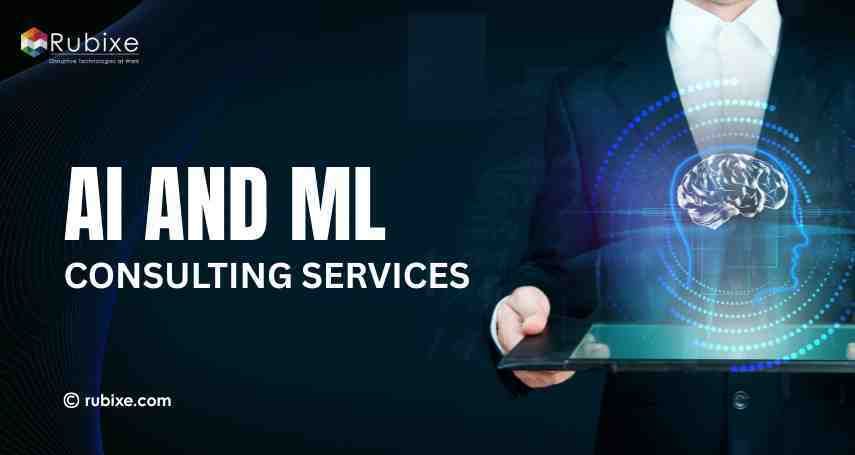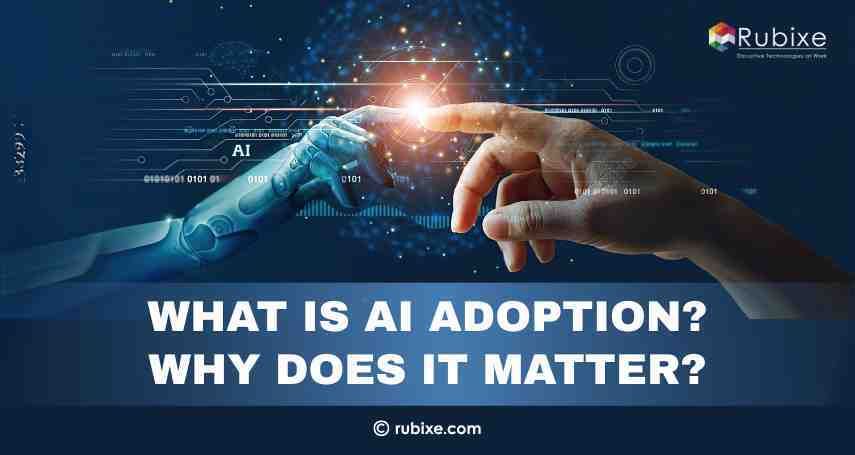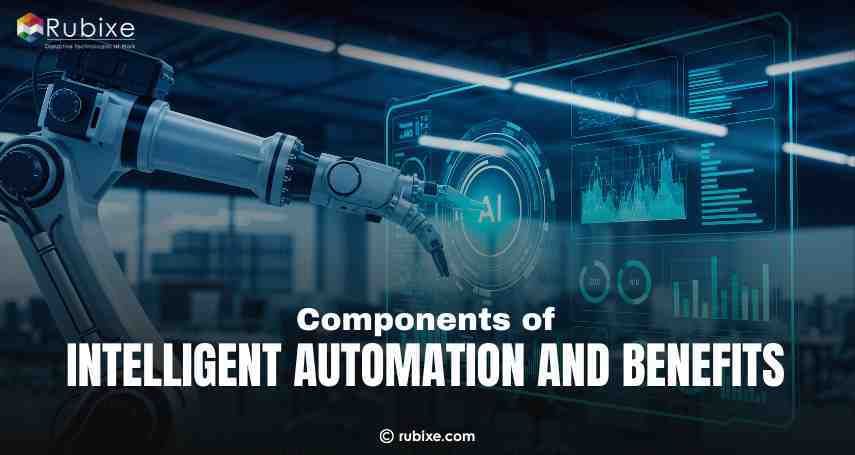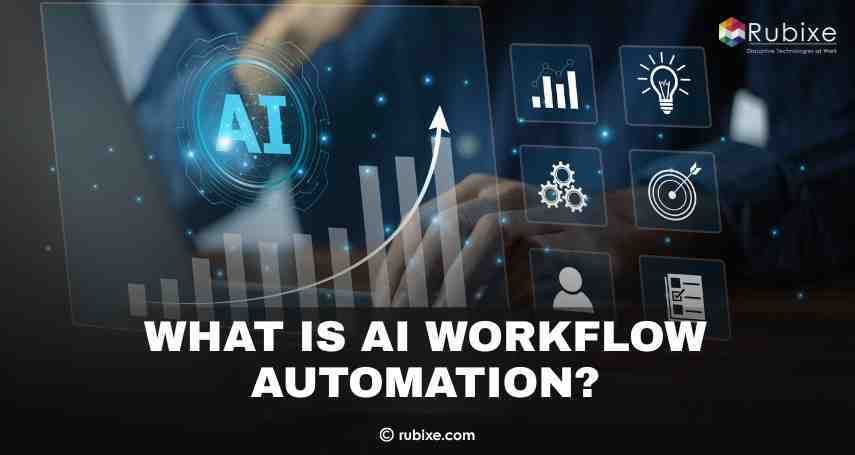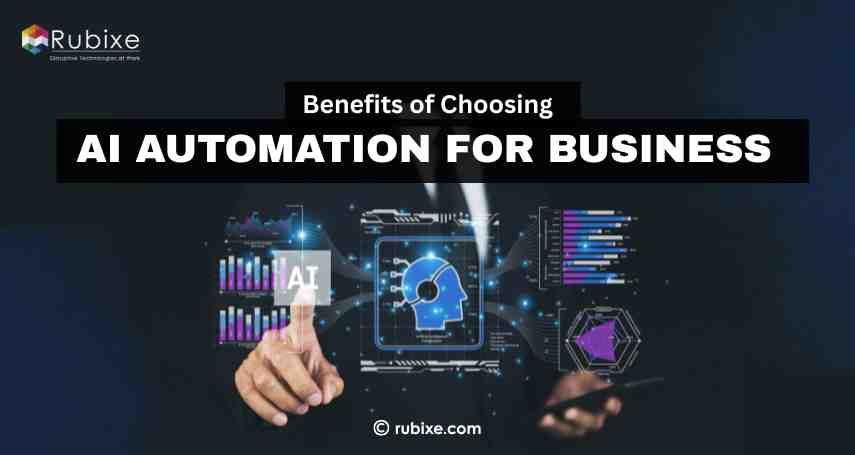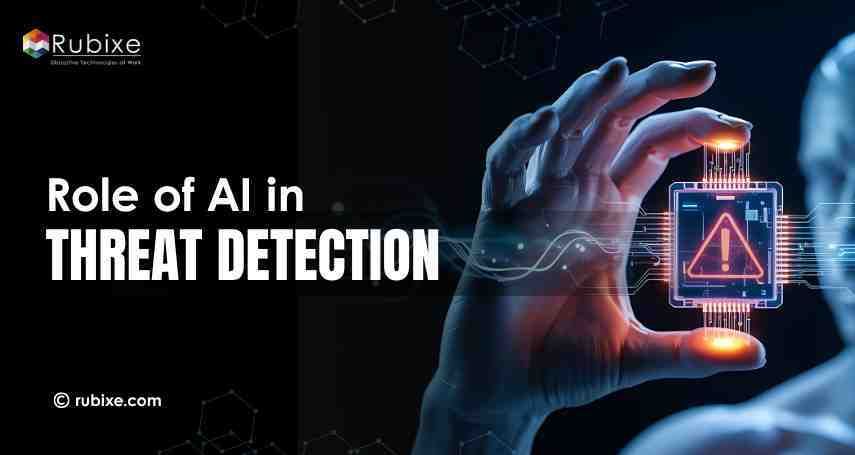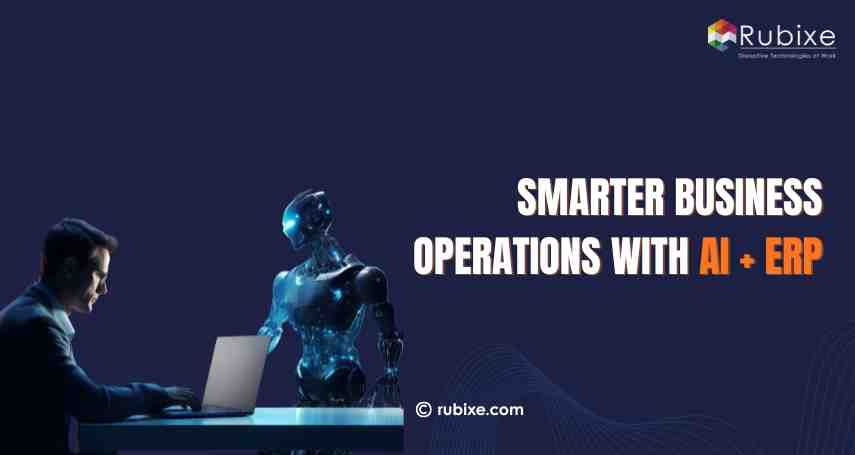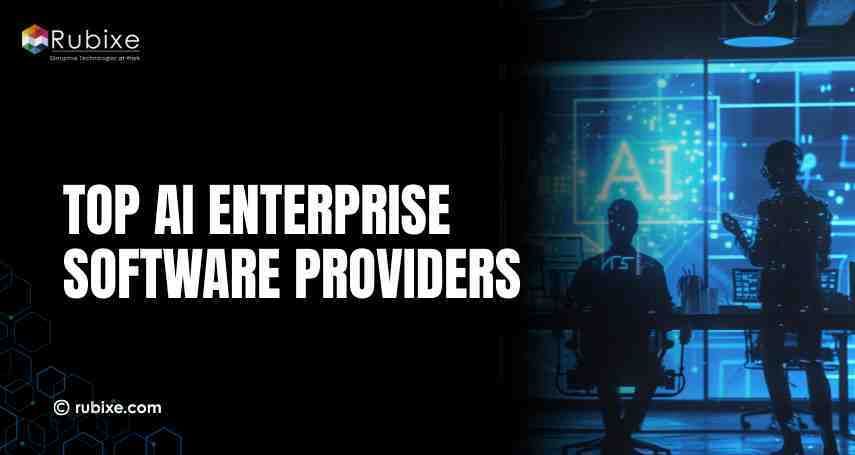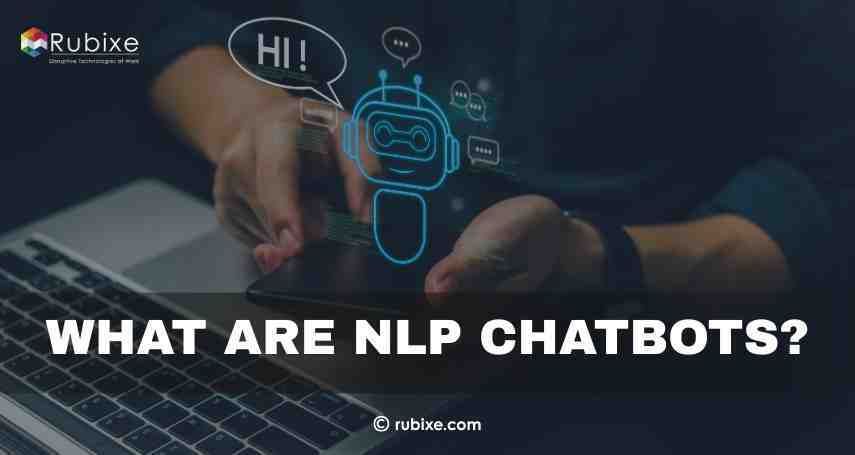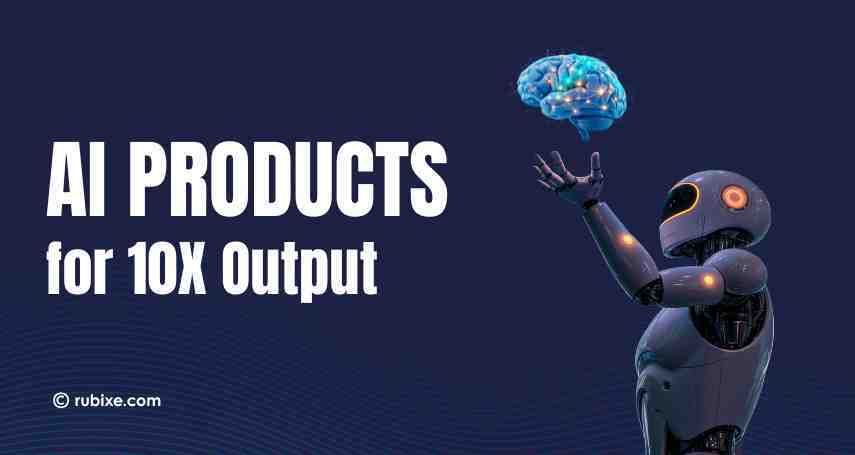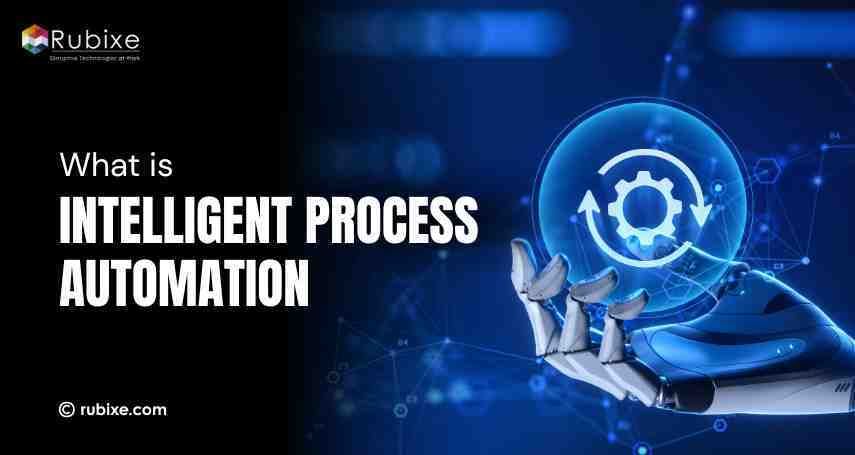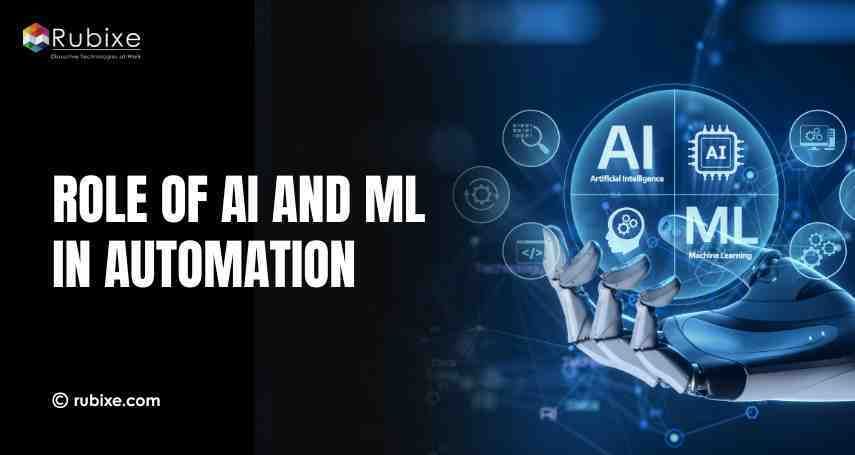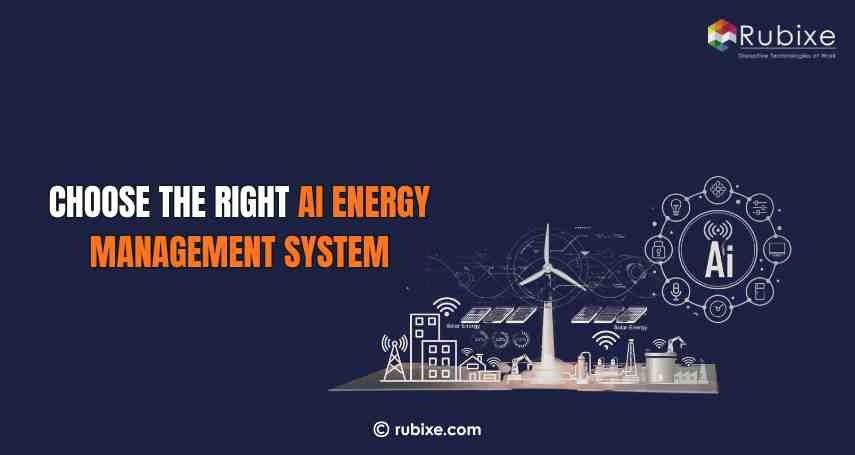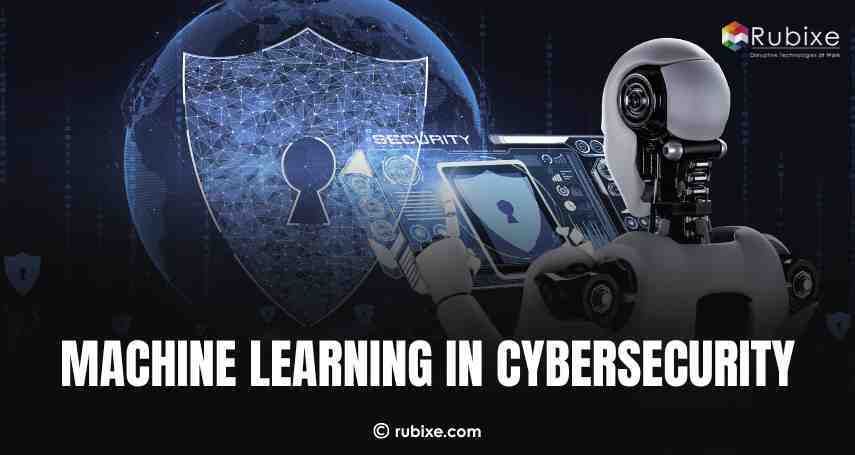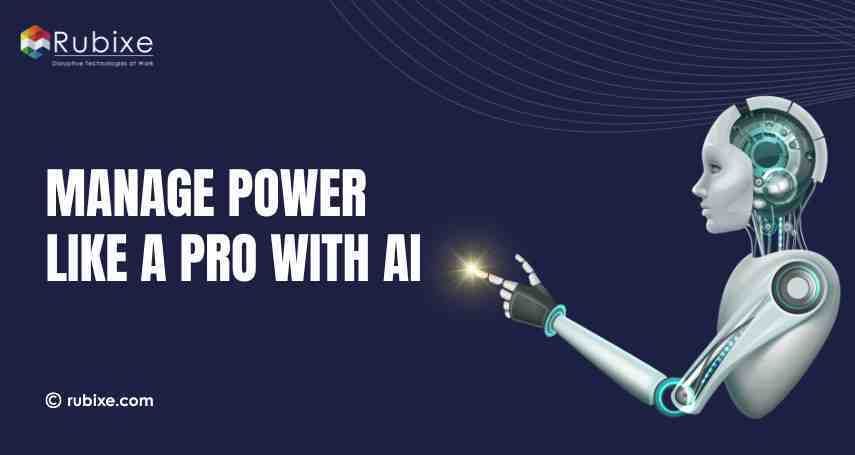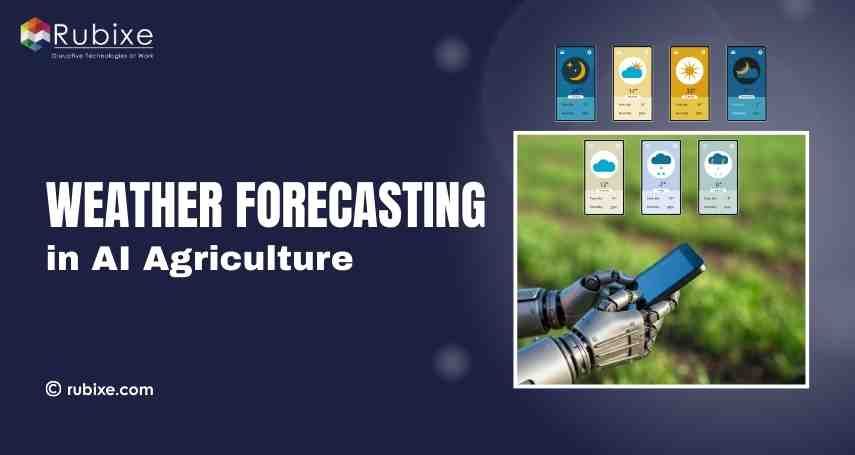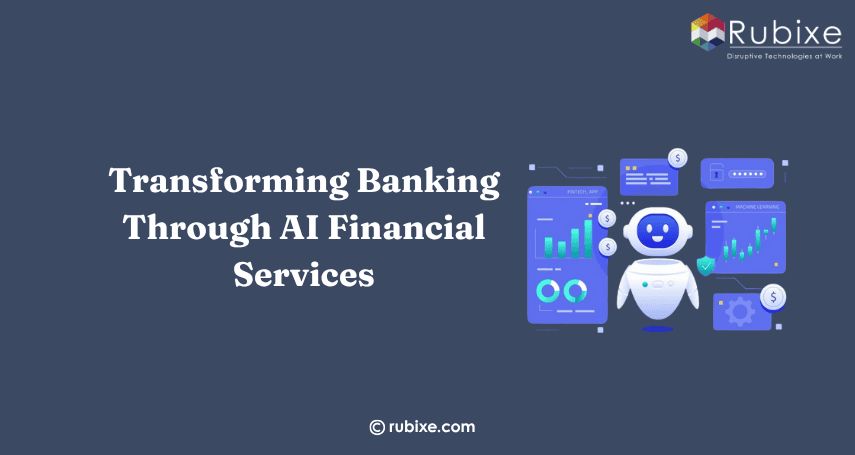The Future of Learning Lies in AI in Education
AI is reshaping education by enhancing personalization, boosting engagement, and transforming how students and teachers interact and succeed.
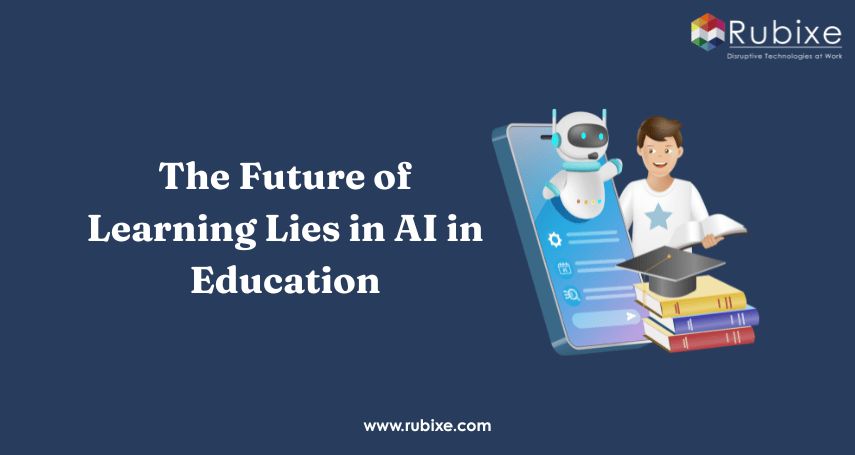
Technology has always played a supporting role in education, but with Artificial Intelligence (AI), it's becoming a transformational force. From personalized learning to automated grading, AI in Education is redefining how students learn, how teachers teach, and how institutions operate. With strategic support from AI consulting partners, schools, universities, and EdTech companies can unlock the full potential of AI to create more adaptive, inclusive, and future-ready learning environments.
AI’s Impact on Education
AI is transforming education by personalizing learning experiences, automating administrative tasks, and providing intelligent tutoring systems. It helps educators identify student needs more effectively and allows learners to progress at their own pace. From adaptive learning platforms to AI-powered grading tools, the integration of artificial intelligence is making education more efficient, accessible, and tailored to individual needs.
How AI in Education Is Already Changing Classrooms
Personalized Learning at Scale
No two students learn the same way or at the same pace. AI enables adaptive learning experiences tailored to individual needs, interests, and abilities.
-
Real-Time Adaptation: AI systems adjust content difficulty and pace based on student responses and engagement.
-
Learning Path Customization: Algorithms create personalized learning journeys that align with strengths and weaknesses.
-
Gap Identification: AI identifies knowledge gaps and redirects students to relevant remedial content instantly.
Intelligent Tutoring Systems
AI-driven tutoring platforms replicate the benefits of one-on-one instruction by providing guidance, feedback, and support on demand.
-
Instant Feedback: Intelligent tutors provide corrections and suggestions in real time, improving comprehension.
-
24/7 Accessibility: Unlike human tutors, AI tools are available anytime, ideal for remote or flexible learners.
-
Subject Versatility: AI supports a wide range of subjects, from math and coding to languages and science.
Smarter Assessment and Grading
Manual grading is time-consuming and often subjective. AI makes evaluation faster, more consistent, and data-rich.
-
Automated Grading: AI tools assess multiple-choice, fill-in-the-blank, and even short-answer questions instantly.
-
Essay Scoring: Natural Language Processing (NLP) evaluates grammar, coherence, and argument quality with surprising accuracy.
-
Progress Analytics: AI tracks academic growth over time, helping educators make data-informed interventions.
Enhanced Curriculum Development
Building and updating curriculum can be a slow, manual process. AI can accelerate it by analyzing learning data and trends.
-
Content Optimization: AI identifies which resources resonate best with learners and which need improvement.
-
Real-World Relevance: Algorithms suggest curriculum updates based on job market trends and emerging fields.
-
Learning Outcome Alignment: AI ensures course materials align with accreditation standards and learning objectives.
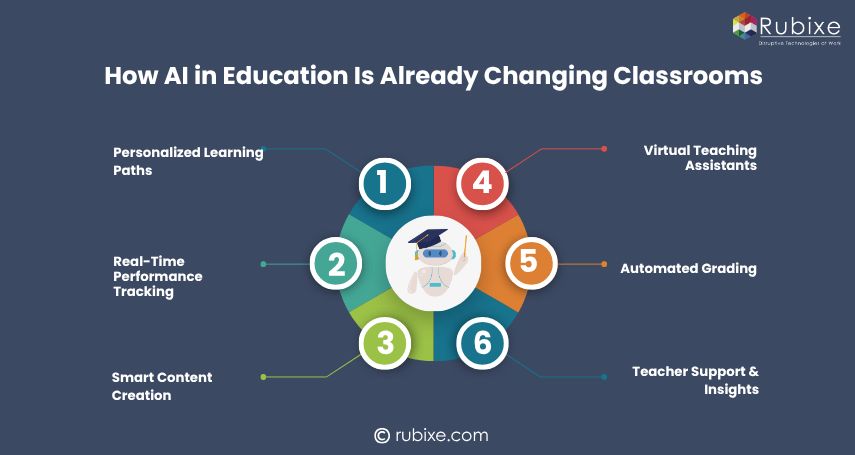
Improved Student Engagement
In the digital age, keeping students engaged is a challenge. AI tools use interactivity and gamification to boost interest and motivation.
-
Gamified Learning: AI helps build interactive quizzes, challenges, and simulations that keep learners active.
-
Voice & Visual Recognition: AI-powered systems detect signs of confusion or disengagement through facial expression or voice tone.
-
Adaptive Content Delivery: AI changes delivery styles (video, audio, text) based on individual student preferences.
Accessibility and Inclusivity
AI in Education supports more inclusive learning by removing barriers for students with disabilities or diverse backgrounds.
-
Real-Time Transcription: AI converts spoken lectures into text instantly, aiding hearing-impaired learners.
-
Language Translation: AI translates content into multiple languages, making education more global and equitable.
-
Learning Style Accommodation: Visual, auditory, and kinesthetic learners all benefit from AI-driven content personalization.
Teacher Empowerment
AI is not a replacement for educators—it’s a powerful assistant that helps them focus on what matters most: teaching.
-
Task Automation: AI takes over routine tasks like attendance, grading, and scheduling.
-
Insightful Dashboards: Teachers receive real-time insights on student performance, enabling early intervention.
-
Professional Development: AI recommends resources to help teachers improve their subject mastery and teaching strategies.
Predictive Analytics for Better Outcomes
Institutions are using predictive analytics powered by AI to forecast academic risks and drive smarter policy decisions.
-
Dropout Risk Prediction: AI flags students who may need additional support to stay on track.
-
Resource Allocation: Predictive models guide investment in infrastructure, staff, and curriculum.
-
Enrollment Forecasting: AI analyzes trends to help schools plan for future enrollment shifts and capacity needs.
AI Services in Education
AI services in education refer to cloud-based, on-demand AI capabilities integrated into learning systems to enhance teaching, administration, and learning outcomes. These services eliminate the need for institutions to build complex AI infrastructure from scratch.
-
Cloud-Based APIs: Educational platforms can plug into AI services for text analysis, language translation, facial recognition, or voice-based interaction.
-
Scalable Learning Platforms: AI services support institutions from small schools to global online academies by scaling analytics and automation on demand.
-
Automated Administrative Workflows: Tasks like admissions processing, scheduling, and grading are automated using AI-powered backend services.
-
Learning Personalization Engines: These services adjust content difficulty, pacing, and format in real time based on individual student data.
-
Content Recommendation Systems: AI services suggest next lessons, resources, or remediation paths using behavioral data and performance history.
-
Accessibility Solutions: Voice-to-text, real-time subtitles, and translation services improve inclusion for multilingual and differently-abled learners.
These AI services, often delivered via third-party platforms or integrated via AI consulting partners, allow schools to stay agile and future-ready without building AI from the ground up.
The Role of AI Consulting in Education Transformation
While tools and platforms are powerful, successful implementation requires strategy. This is where AI consulting becomes vital.
-
Strategic Planning: AI consultants help schools identify high-impact use cases aligned with their mission.
-
Tech Integration: Consultants ensure seamless deployment of AI tools with existing Learning Management Systems (LMS).
-
Ethical AI Governance: AI consulting helps institutions address privacy, bias, and transparency in educational AI use.
AI is transforming industries with smarter, faster, and more adaptive solutions. At Rubixe, we help businesses harness this potential through tailored AI services and expert consulting. It's time to innovate, optimize, and lead with intelligence.
